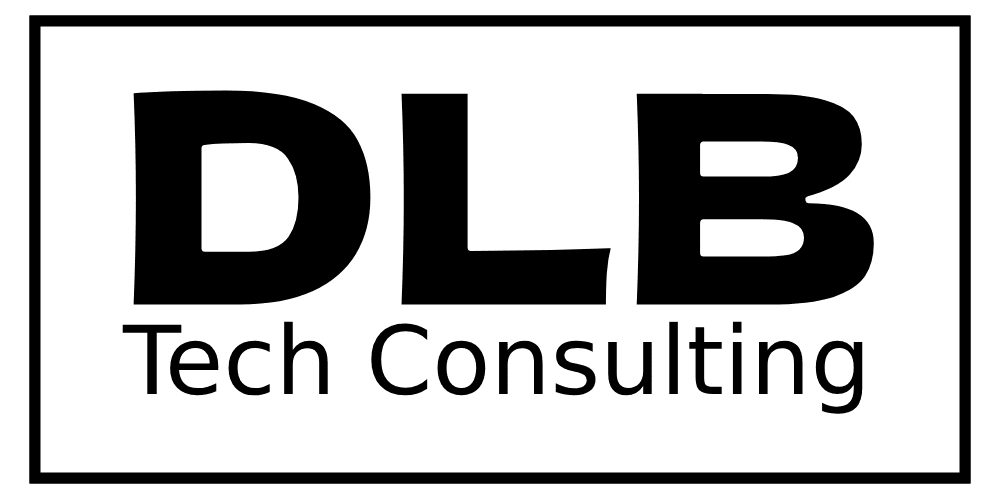In today’s interconnected world, the threat of cyberattacks is an ever-present concern for businesses of all sizes. Whether it’s a ransomware attack, data breach, or phishing scheme, the fallout from inadequate cybersecurity can be disastrous, both financially and reputationally. To counter these risks, governments and industry bodies have introduced a range of cybersecurity regulations. For businesses, this growing web of regulations can feel overwhelming, especially when trying to remain compliant while maintaining day-to-day operations.
In this article, we’ll explore the complexities of the cybersecurity regulatory landscape and how organizations can effectively navigate it with the help of Managed Service Providers (MSPs).
Table of Contents
ToggleThe Growing Importance of Cybersecurity Compliance
As cyber threats have evolved, so too have regulatory responses. Cybersecurity compliance refers to the adherence to laws, regulations, standards, and guidelines that govern how businesses protect their networks, systems, and data. These regulations are designed to ensure that companies implement adequate safeguards to protect sensitive information and prevent unauthorized access.
Failure to comply with cybersecurity regulations can result in hefty fines, legal liabilities, and damage to a company’s reputation. For example, under the European Union’s General Data Protection Regulation (GDPR), companies can face fines of up to €20 million or 4% of annual global turnover for serious violations. Similarly, non-compliance with the Health Insurance Portability and Accountability Act (HIPAA) in the U.S. can result in fines of up to $1.5 million per violation.
But what makes cybersecurity compliance particularly challenging is the sheer number of regulations and their constantly evolving nature.
Key Cybersecurity Compliance Frameworks
There are several prominent cybersecurity regulations that businesses may need to comply with, depending on their industry, location, and the types of data they handle. Here are a few of the most widely recognized:
- General Data Protection Regulation (GDPR):
GDPR applies to businesses that handle the personal data of individuals within the European Union (EU). It mandates stringent data protection measures, including requirements for obtaining consent, data anonymization, breach notification, and ensuring data security. - Health Insurance Portability and Accountability Act (HIPAA):
In the U.S., HIPAA governs the security and privacy of healthcare data. Any organization that handles Protected Health Information (PHI) must implement strong cybersecurity measures, including encryption, secure access controls, and regular audits. - Payment Card Industry Data Security Standard (PCI DSS):
PCI DSS applies to any business that handles payment card data. It includes a set of security standards aimed at protecting cardholder information and ensuring that businesses maintain secure payment systems. - California Consumer Privacy Act (CCPA):
The CCPA gives California residents greater control over their personal data and places obligations on businesses to protect this data. It requires organizations to disclose what personal data they collect, how it is used, and allow consumers to opt out of data sharing. - Cybersecurity Maturity Model Certification (CMMC):
CMMC is a new cybersecurity framework for organizations working with the U.S. Department of Defense. It provides a certification model to ensure that contractors have the necessary cybersecurity controls in place to protect sensitive information.
These are just a few examples, but depending on the industry and geographic location, companies may also need to comply with other regulations such as the Sarbanes-Oxley Act (SOX), Federal Information Security Management Act (FISMA), or state-specific data privacy laws.
Challenges in Cybersecurity Compliance
For many businesses, the challenge isn’t just understanding the regulations—it’s implementing the required controls and maintaining ongoing compliance. Some of the key hurdles include:
- Keeping Up with Regulatory Changes:
Cybersecurity regulations are constantly evolving to address new threats and technologies. For businesses, this means staying up-to-date with the latest requirements, which can be time-consuming and complex. - Managing Compliance Across Multiple Jurisdictions:
Global businesses, or those with clients in multiple regions, may need to comply with different regulations across various jurisdictions. Navigating conflicting or overlapping requirements can be daunting. - Resource Constraints:
Many small and medium-sized businesses (SMBs) may lack the in-house expertise or resources to effectively manage compliance. This can leave them vulnerable to cyber threats or unintentional regulatory violations. - Data Management:
Regulations often require businesses to know where their sensitive data resides, how it is protected, and who has access to it. This can be particularly challenging for organizations that use cloud services or have complex IT infrastructures.
How MSPs Can Help
Managed Service Providers (MSPs) play a critical role in helping businesses navigate the complexities of cybersecurity compliance. Here’s how MSPs can assist:
- Expertise in Regulations:
MSPs stay up-to-date on the latest regulatory requirements and can help businesses interpret what these laws mean for their specific operations. This is especially valuable for SMBs that may not have the resources to maintain in-house compliance teams. - Risk Assessment and Audits:
MSPs can conduct thorough risk assessments to identify vulnerabilities and gaps in an organization’s security posture. They can also perform regular compliance audits to ensure that businesses remain compliant over time. - Implementation of Security Controls:
MSPs provide the technical know-how to implement the required security controls, such as encryption, access management, firewalls, and intrusion detection systems. They can also help businesses establish a robust incident response plan. - Ongoing Monitoring and Maintenance:
Compliance isn’t a one-time effort—it requires continuous monitoring and updates. MSPs can provide ongoing management of security systems, ensuring that businesses remain compliant as new threats emerge and regulations evolve. - Streamlining Multi-Jurisdictional Compliance:
For businesses operating in multiple regions, MSPs can help streamline compliance efforts by consolidating and aligning security measures across different frameworks, reducing complexity and ensuring a unified approach.
Conclusion
In an era where cyber threats are constantly evolving, maintaining cybersecurity compliance is not just a legal obligation but a critical component of business resilience. The regulatory landscape is complex, but businesses don’t have to navigate it alone. By partnering with a skilled MSP, organizations can ensure that they remain compliant with the latest regulations, protect sensitive data, and minimize the risk of costly security breaches.
Ultimately, cybersecurity compliance isn’t just about avoiding fines—it’s about safeguarding the trust of customers, partners, and stakeholders in an increasingly digital world.




